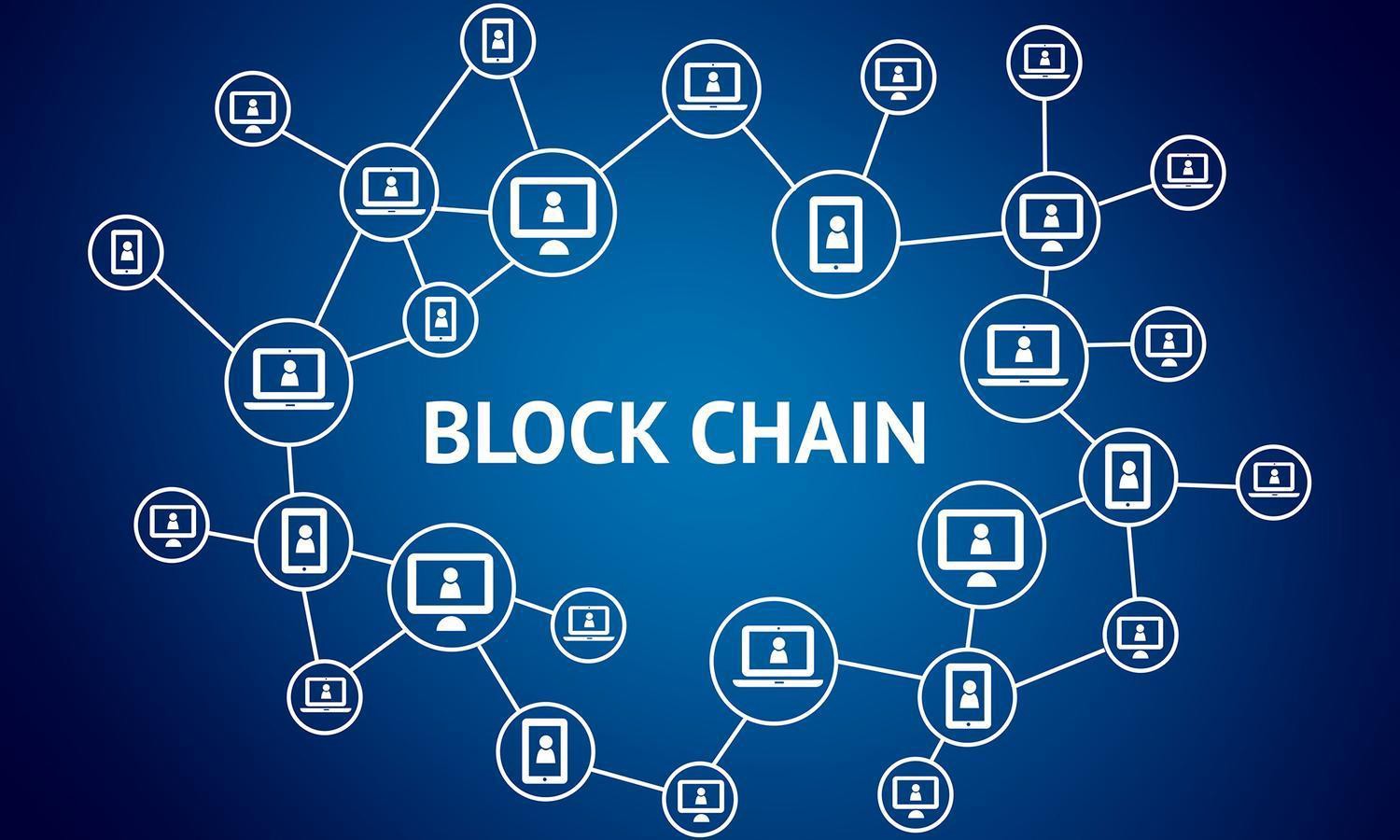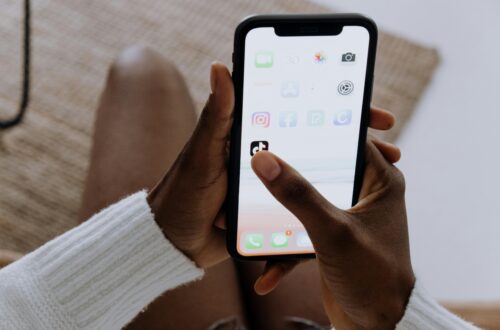I work extensively in the field of cryptocurrency and blockchain. I am not an investor, but rather I am a crypto-journalist as well as working with leading legal and financial consultancies creating content within this field. For those that have heard of blockchain technology, you have probably heard of it in the context of Bitcoin- a cryptocurrency that transcends borders, is anonymous, and completely untraceable. Whilst blockchain is the platform that Bitcoin runs on, it can also stand alone and serve a completely different purpose.
But how does this relate to Albania? Stay with me.
In the most simple terms, a blockchain is what is known as a distributed ledger which basically means a sort of database. What makes this database different is that instead of being stored on one server or computer, it is stored across multiple computers that are using the system, all at the same time. This database stores data relating to transactions- these can be financial or they can be related to personal information or even data such as medical records or property deeds. Each time an entry is added, it updates simultaneously across every computer on the network and it cannot be edited, changed, deleted or tampered with in any way. Each entry contains a timestamp and a link to the previous transaction which further ensures that it cannot be tampered with in any way. The result is an ever-expanding, totally secure database of transactions that is impossible to manipulate or hack.

In other words, a blockchain provides a single, shared source of truth that is totally immutable and can be shared and accessed by those who have permission to do so. This means that users can validate and authenticate transactions within seconds and this can apply to track the distribution of goods through the supply chain, selling a house, or sharing your medical history with a new doctor.
But HOW does this relate to Albania? I am getting to that bit, wait a second.
Albania has a problem with waste- plastic lines the rivers and beaches and the countryside is littered with rubbish. Of course, one of the biggest reasons for this sad situation is a lack of education on the consequences of littering- many do not consider where their rubbish ends up if they leave a plastic bottle at the beach, or throw a wrapper out of the car window. Combine this with a belief that the government or Bashkia should be cleaning up after us and we find ourselves in this dire situation. Yes, of course, it is the responsibility of the government to increase education, to provide more bins, and to consider running Clean Up campaigns but the responsibility also lies with each of us that considers this place to be home.
Enter ‘The Plastic Bank”. Founded in 2013 in Vancouver, Canada by David Katz and Shaun Frankson, their aim is to stop the ocean plastic disaster by revealing the value of plastic and transferring this value into the hands of those that pick it up. in short, pick it up, recycle it, and you will get paid for it. Do you see where I am going with this?
By enabling the exchange of waste plastic for money, items, or blockchain secured digital tokens, communities can empower their recycling ecosystems around the world, as well as significantly reducing the amount of plastic ending up in the ocean. Not only doe this provide income for those in developing communities but it helps to preserve our precious environment for generations to come.

The Plastic Bank offers a consistent and above market rate for plastic waste, thus incentivising its collection. Those who pick up plastic are able to trade it for money, items or services depending on their needs. It also provides the opportunity for local entrepreneurs to set up and operate a convenience store for the poor, in which plastic waste could be the currency. The plastic that is collected through The Plastic Bank is recycled and then sold at a premium as “Social Plastic” to a network of global buyers.
The system works on a blockchain network meaning that there is absolutely no way that the system can be abused or tampered with. Furthermore, it is impossible that those collecting plastic are not reimbursed for their work. In Albania, this is an extremely important point.
The Plastic Bank has already teamed up with big international names as well as receiving an award from the UN and receiving praise from the Vatican.

My question is- should we consider this option in Albania? Through working with The Plastic Bank, we could empower the poor in our communities, allow them to earn money and redeem it for goods whilst protecting them against fraud or misappropriation.

We would also be tackling a huge issue with waste, whilst ensuring that plastic is kept out of our oceans. Perhaps it could be used to help some of the marginalised communities that are shunned by employers and the state, perhaps it could even help to reduce the issue of begging and homelessness?
Blockchain technology has the power to transform many communities, and I think this concept could benefit Albania in many ways.
Follow The Balkanista!



